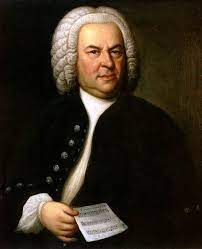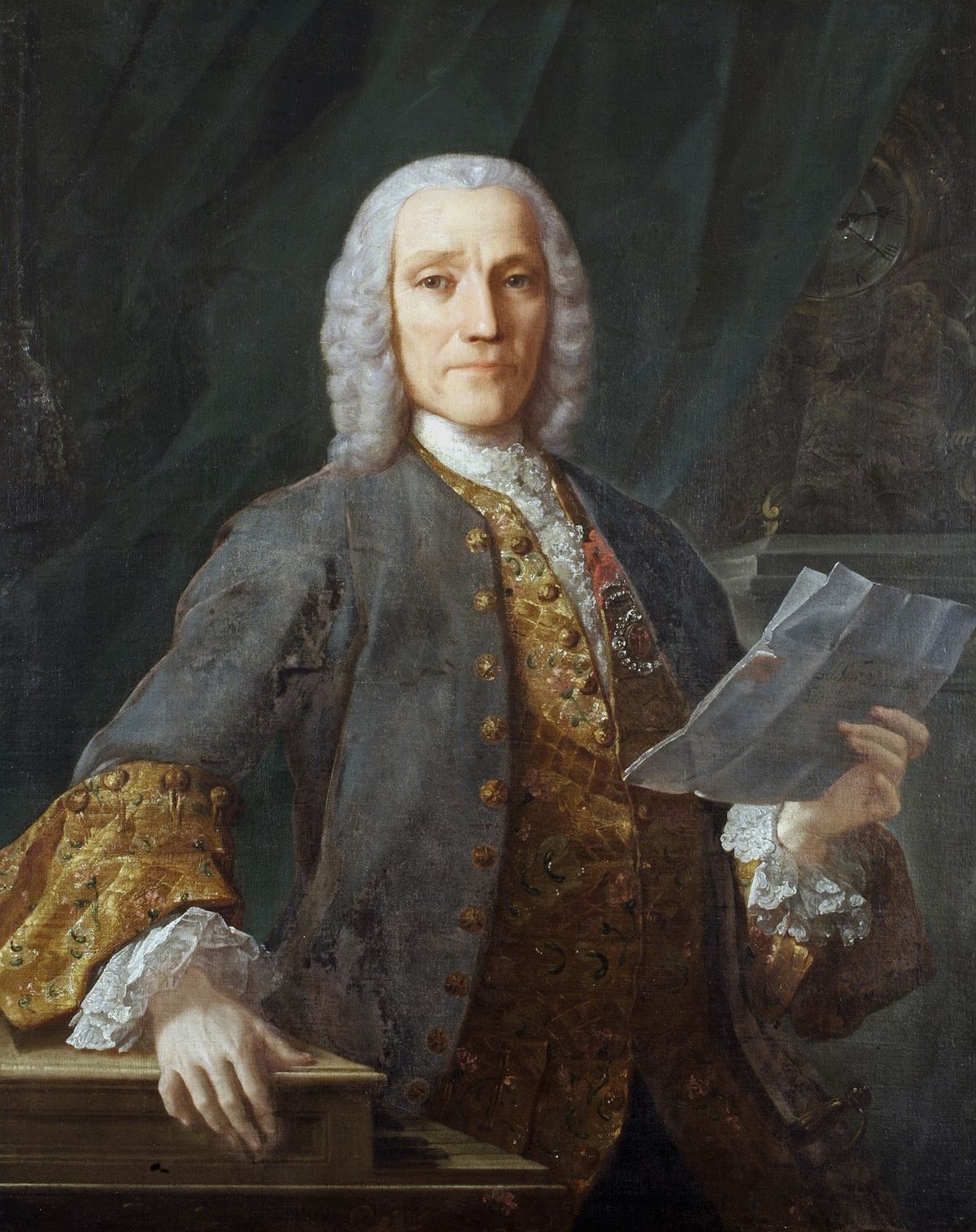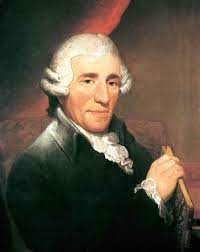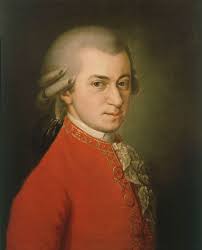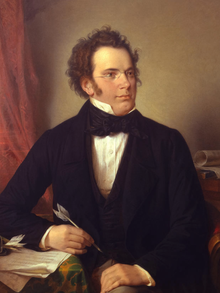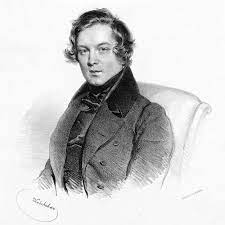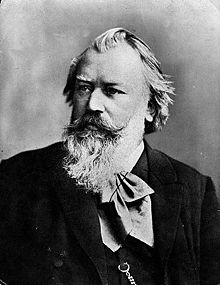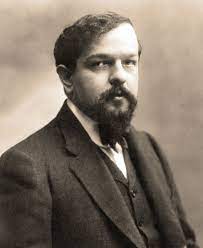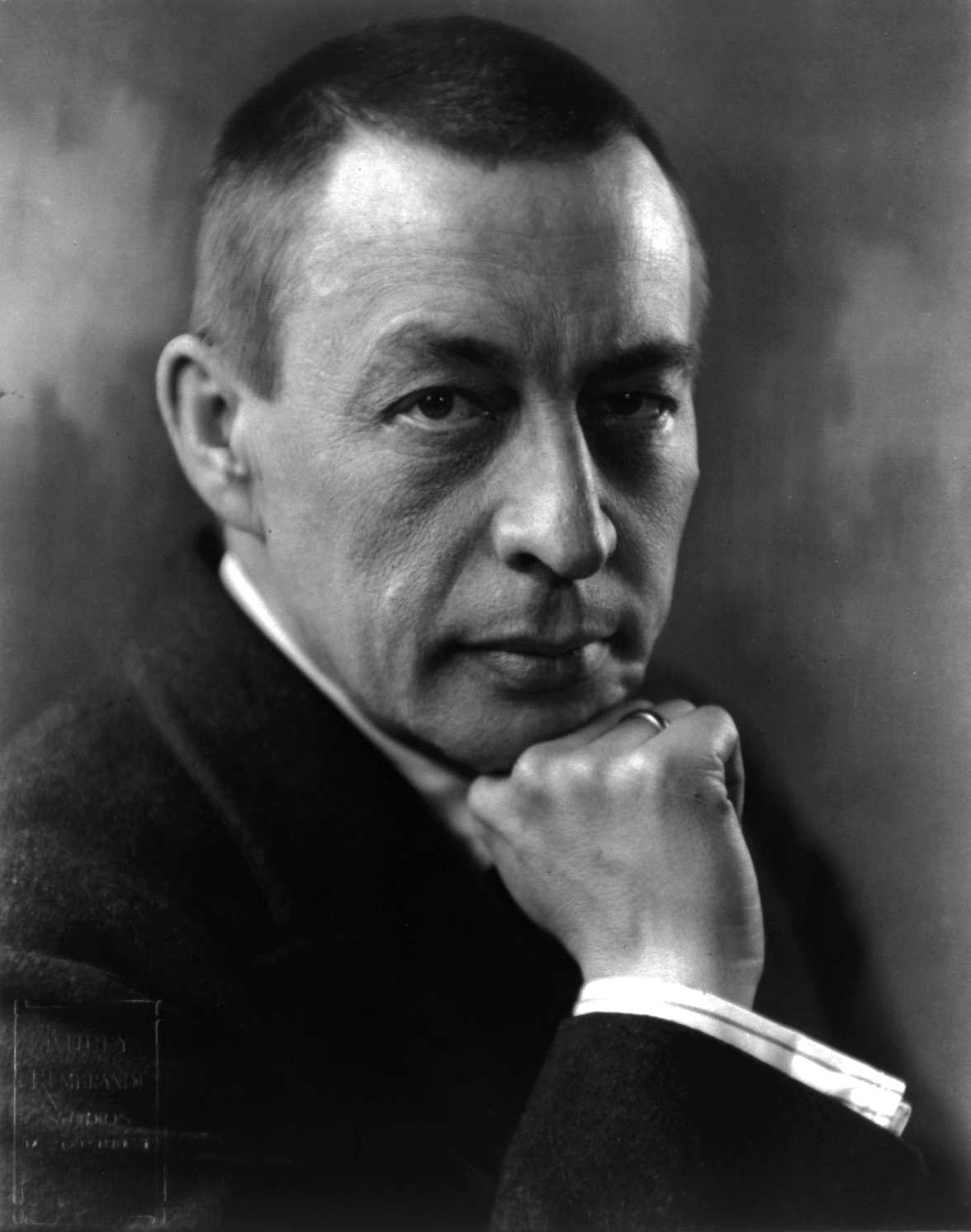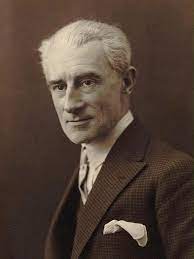Chopin's early life was marked by his prodigious talent as a pianist and composer. He began showing remarkable musical abilities at a young age, composing his first piece at the age of seven and giving his first public performance as a pianist at the age of eight. He studied music in Warsaw and later in Paris, where he established himself as a prominent pianist and composer in the vibrant musical circles of the time. Chopin's early years were also marked by his close relationship with his family and his Polish heritage, which greatly influenced his music and sense of national identity.
Popular Works
- Nocturne in E-flat major, Op. 9, No. 2
- Ballade No. 1 in G minor, Op. 23
- Etude in C-sharp minor, Op. 10, No. 4
- Polonaise in A-flat major, Op. 53 "Heroic"
- Sonata No. 2 in B-flat minor, Op. 35 "Funeral March"
- Waltz in C-sharp minor, Op. 64, No. 2
- Fantaisie-Impromptu in C-sharp minor, Op. 66
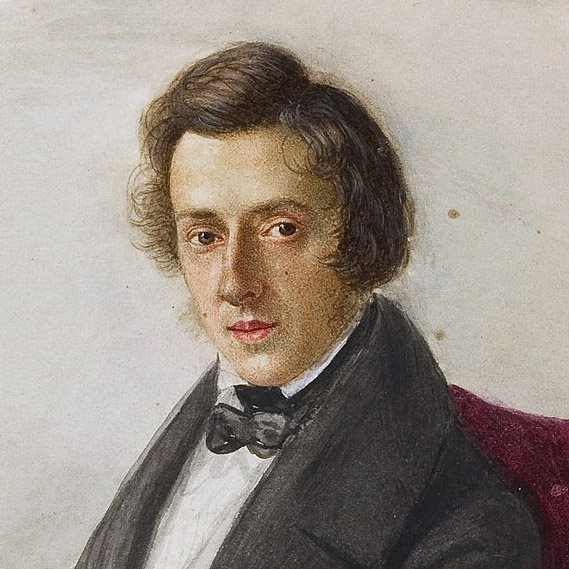
Chopins Composing
Chopin's composing brilliance and style are characterized by his mastery of the piano as an instrument and his ability to convey deep emotions through his music. His compositions are known for their rich harmonies, expressive melodies, and intricate ornamentations, which showcase his virtuosic piano technique and his unique musical voice. Chopin's music is often described as highly poetic, with a sense of intimacy and introspection that captivates listeners. One of Chopin's distinctive features as a composer is his innovative approach to form and structure. He often pushed the boundaries of traditional musical forms, such as the nocturne, prelude, and ballade, creating new and unique musical structures that reflected his deeply emotional and personal musical language. His compositions are characterized by their emotional depth, with a wide range of emotions from melancholy and longing to joy and exuberance. Chopin's style is often associated with the Romantic era of music, which emphasized individualism, emotion, and expression. His music is known for its lyrical and singing quality, with melodies that are often compared to vocal lines. Chopin's use of harmony is also notable, with rich and chromatic harmonies that create a sense of lushness and complexity in his compositions. Overall, Chopin's composing brilliance and style are marked by his ability to create music that is deeply emotional, technically virtuosic, and highly expressive. His unique musical language and innovative approach to form and structure have made him one of the most influential and revered composers in the history of classical music.
Personal Life/Relationship with George Sand
Chopin's personal life was marked by his delicate health and his relationships with family and friends. He was known to be a reserved and introspective individual, often suffering from bouts of illness and melancholy. Chopin had close relationships with several notable individuals of his time, including the writer George Sand, with whom he had a tumultuous romantic relationship. Chopin's personal struggles and experiences are often reflected in his music, which is known for its emotional depth and introspective quality. Chopin and Sand first met in Paris in 1836 and began a passionate romantic relationship that lasted for nearly a decade. Their relationship was tumultuous, marked by both deep affection and conflict. Chopin and Sand spent time together in Paris, as well as at Sand's country estate in Nohant, France. Sand was known for her independent and unconventional lifestyle, and she provided emotional support and encouragement to Chopin during his bouts of illness and depression. However, their relationship was also strained by their differences in temperament, social status, and artistic views. Chopin's health deteriorated over the years, and his relationship with Sand became increasingly strained. They eventually separated in 1847, and Chopin's health declined rapidly. Chopin died on October 17, 1849, at the age of 39, in Paris. Despite their differences and eventual separation, Sand remained deeply affected by Chopin's death and mourned his loss deeply. Chopin's relationship with George Sand has been a subject of fascination and speculation among scholars and music lovers alike. Their relationship is often viewed as a significant aspect of Chopin's personal life, influencing his music and his emotional state during the later years of his life.
Legacy
Chopin's legacy as a composer and pianist is profound and enduring. His music continues to be widely performed and celebrated by musicians and audiences alike. Chopin's innovative approach to piano composition and his profound emotional expression in his music have had a lasting impact on the development of Romantic music and piano technique. His works are considered staples of the piano repertoire and continue to inspire generations of pianists and composers. Chopin's compositions have also greatly influenced the development of Polish music and culture, and he is often regarded as a national treasure in his home country of Poland. His legacy as a composer and musician is firmly established as one of the most significant and enduring in the history of classical music.
Performed by Arthur Rubinstein
YoutubeVersionBallade No.1 in G Minor Op.23
Chopin's First Ballade, Op. 23, is a solo piano work composed in 1831. It is a highly dramatic and virtuosic piece, characterized by its rich harmonies, sweeping melodies, and intense emotional expression. The Ballade follows a complex and evolving structure, with contrasting sections that range from dreamy and nostalgic to fiery and passionate. It is considered one of Chopin's most important and challenging works for the piano, showcasing his mastery of pianistic technique and his ability to convey deep emotional intensity through music.
Performed by Arthur Rubinstein
YoutubeVersionBallade No.4 in F Minor
Chopin's Fourth Ballade, Op. 52, is a solo piano composition written in 1842. It is known for its poetic and introspective nature, featuring tender melodies, delicate ornamentations, and intricate harmonies. The Fourth Ballade is often regarded as one of Chopin's most profound and mature works, characterized by its emotional depth, technical demands, and imaginative storytelling through music. It is considered a masterpiece of Romantic piano literature and a testament to Chopin's genius as a composer.
The Death
Chopin's health had been fragile throughout his life, and he suffered from chronic respiratory illnesses, likely including tuberculosis. In his final years, his health deteriorated rapidly, and he faced financial difficulties as well. Chopin died on October 17, 1849, in Paris, France, at the age of 39. The exact cause of his death is debated among scholars, but it is widely believed that complications from his long-standing respiratory issues contributed to his untimely death. Despite his relatively short life, Chopin's legacy as a composer and pianist has continued to thrive, and his music remains beloved by audiences around the world

